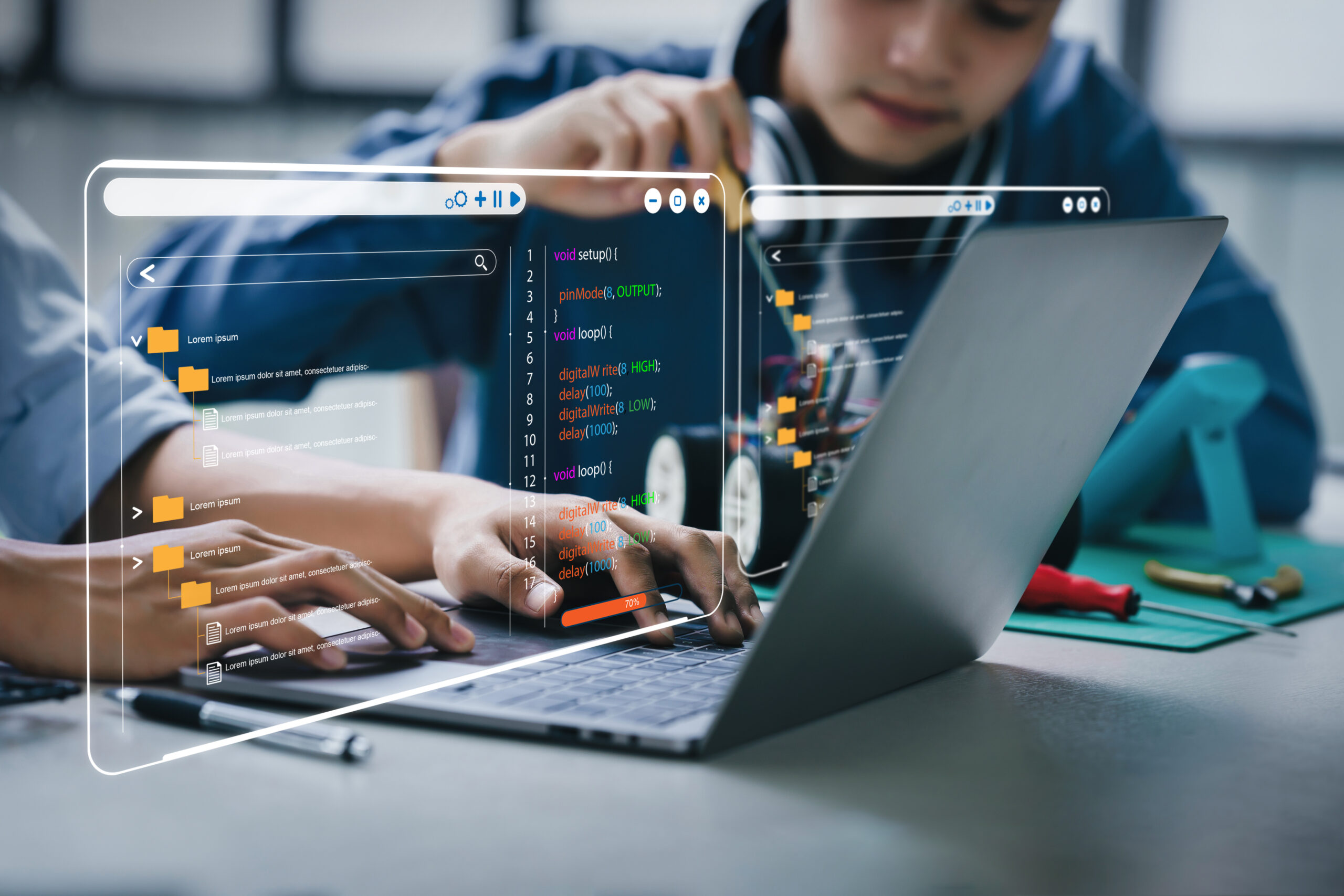Feedback practices differ significantly between K-12 and higher education sectors, with K-12 emphasizing social-affective aspects while higher education focuses on cognitive elements of feedback.
Objective: To investigate educators' perspectives on feedback practices across K-12 and higher education sectors, exploring perceptions of effective feedback, student barriers, and methods for tracking feedback impact.
Methods:
- Qualitative survey of 254 educators from 27 countries
- Thematic coding using hybrid inductive-deductive approach
- Chi-squared tests to analyze differences between sectors
- Inter-rater reliability testing using Cohen's kappa
Key Findings:
- Higher education educators prioritize cognitive aspects and actionable suggestions
- K-12 educators focus more on social-affective elements like feedback tone
- Both sectors identify student attitudes and self-regulation as crucial factors
- Higher education emphasizes structural elements like timing and learning design
- Limited methods currently exist for tracking feedback impact
- Observing students is the primary method for assessing feedback effectiveness
Implications:
- Highlights need for enhanced feedback literacy among educators and students
- Suggests potential for integrating learning analytics and AI in feedback processes
- Demonstrates importance of adapting feedback approaches to educational level
- Emphasizes need for developing student self-regulated learning skills
- Points to value of incorporating technological solutions for tracking feedback impact
Limitations:
- Majority of data collected from Mainland China and Australia
- Presents only educators' perspectives, lacking student viewpoints
- Relies solely on perceptions rather than objective measures
- May not be generalizable to other educational contexts
- Limited geographical and linguistic diversity in sample
Future Directions:
- Explore integration of learning analytics and AI tools
- Investigate student perspectives on feedback practices
- Examine feedback effectiveness across diverse cultural contexts
- Develop methods for tracking feedback impact
- Study long-term effects of different feedback approaches
- Research feedback literacy development across educational levels
Title and Authors: "Feedback in K-12 and higher education: Educators' perspectives" by Flora Ji-Yoon Jin, Wei Dai, Bhagya Maheshi, Roberto Martinez-Maldonado, Dragan Gašević, and Yi-Shan Tsai
Published On: January 18, 2025
Published By: Teaching and Teacher Education (Volume 156)
